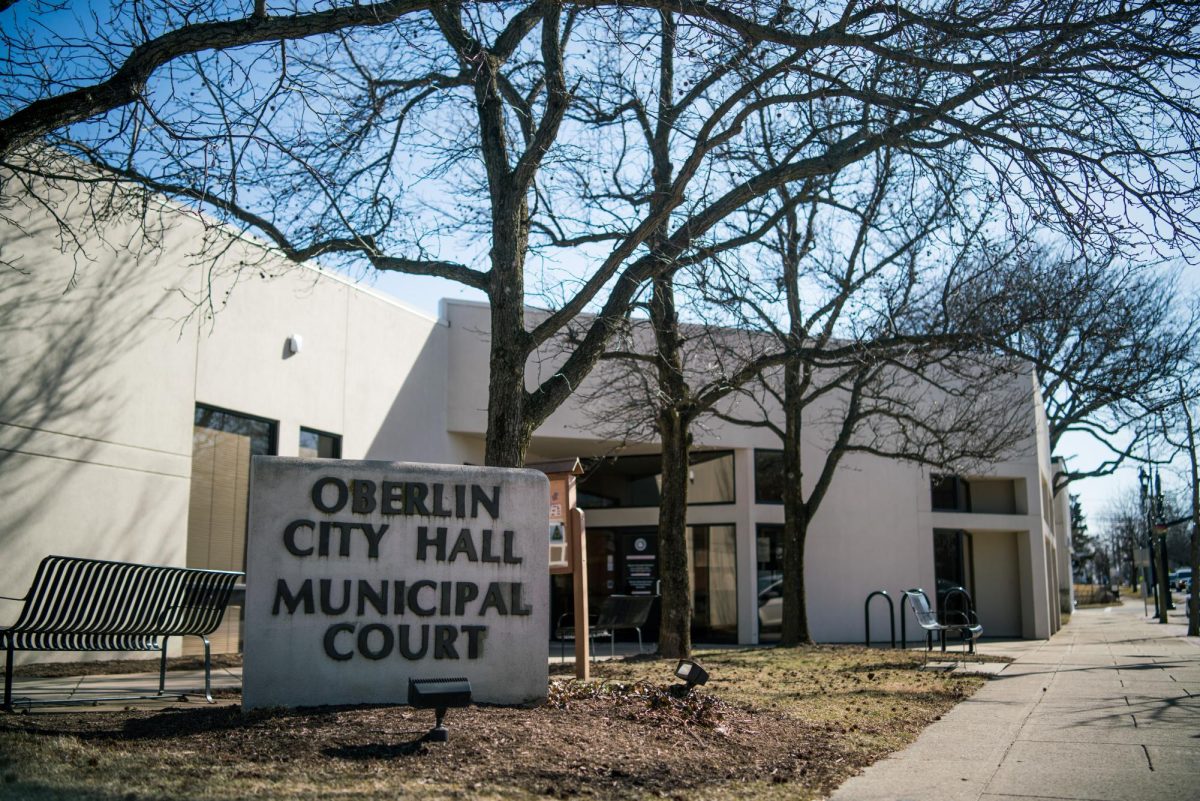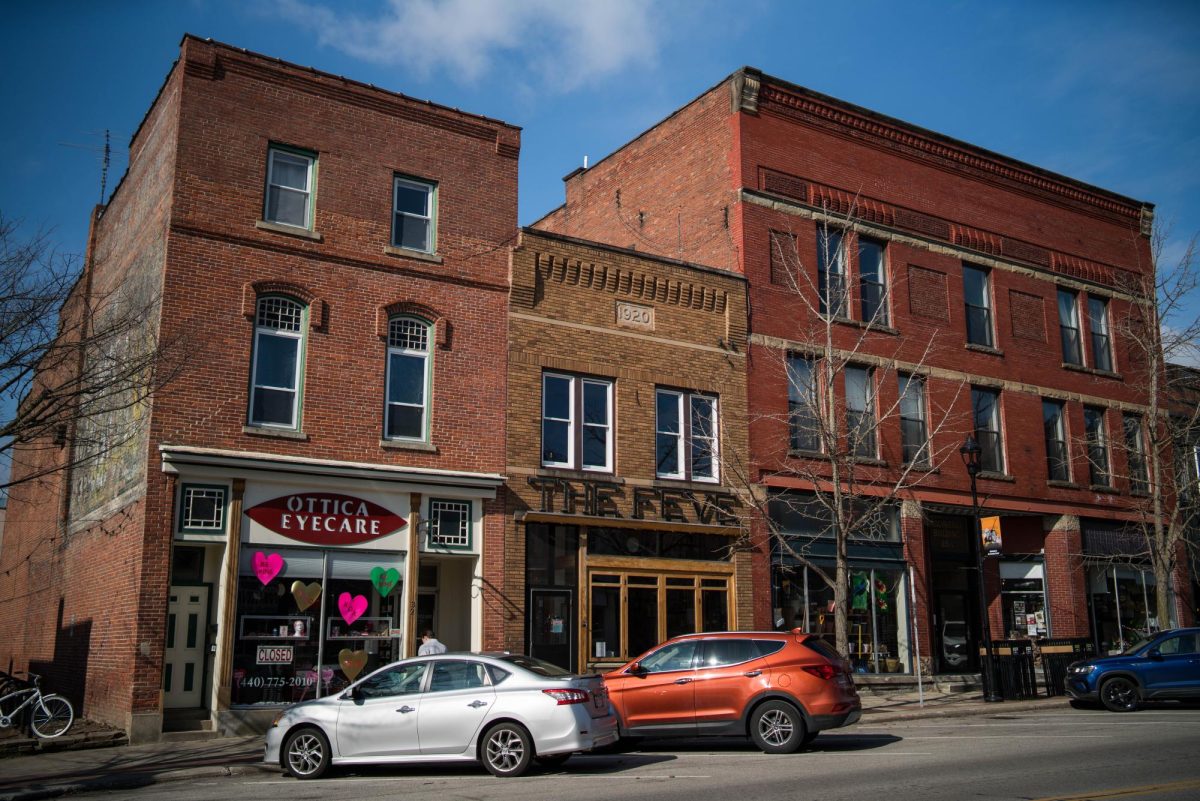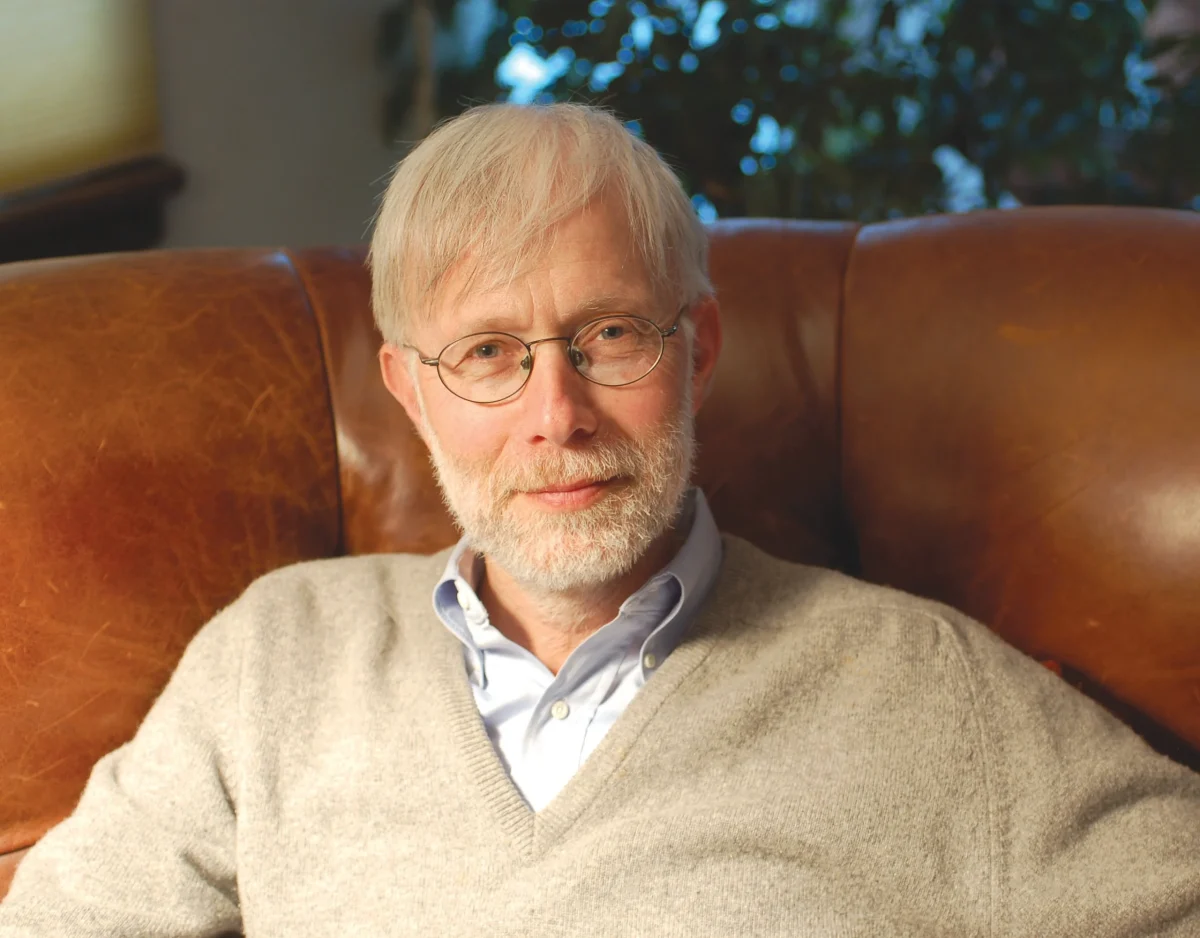In January, the Oberlin City Council approved an ordinance to establish a Social Equity Plan Steering Committee that will develop the City’s first social equity plan.
The committee is composed of 11 people, including two members of City Council. According to Steering Committee Vice Chair and Oberlin City Council Member Ray English, the committee will most likely meet every four to eight weeks, with the goal of completing the plan by next fall. So far, they have met once, on Feb. 6, to choose a chair and vice chair.
The effort to create a social equity plan began two council terms ago, in 2020. The initial Social Equity Working Group was established by Rob Hillard, city manager, and approved by the Oberlin City Council. Subgroups of the working group researched and developed provisional plans for different issues of equity, including economic opportunity, housing, education, mental health, and more. The working group also hired the Cleveland Center for Community Solutions to help gather community input through a social equity assessment.
The committee will review the assessment and the provisional reports of the subgroups, and work with consultants in order to finalize a Social Equity Plan for the city.
English is confident that the plan will be completed in a timely manner.
“We’re far enough along with all the [planning] work that’s been done, [and] since we’ll have a consultant who can do a lot of the writing, we ought to be able to move quickly with this,” he said.
Unlike the previous committees that have worked on social equity, this one is an official committee of council. This means that all meetings will be open to the public and their agendas will be posted in advance, unlike the working group meetings.
One of the largest equity issues that Oberlin faces is in housing. According to English, Oberlin has a history of racial discrimination in housing, as well as in employment and other recreations, meaning that the decline in affordable housing has disproportionately affected Black people.
Chair of the Committee and Associate Professor Emeritus of Religion and Africana Studies Albert G. Miller echoed this as a concern.
“In a town that has touted itself as the bastion for anti-slavery movement and support, those very same Black descendants cannot afford to live here and in fact are losing their homes and abilities to be able to stay in this community and raise their children here,” Miller said.
The plan will aim to address this. In particular, English mentioned rethinking residential zoning in Oberlin.
“We’ve been focusing a lot of our attention on fueling a middle class [and] trying to bring affordable housing to Oberlin,” Claudia Jones, a member of the social equity committee, said. Jones no longer lives in Oberlin due to housing costs.
Another issue that Jones feels strongly about is transportation, for jobs as well as for more basic needs. For example, with only one grocery story within the city limits, more accessible transportation is an important equity issue for those who don’t drive.
Several equity issues that could be addressed more quickly were fast-tracked, English said. This includes an agreement with an affordable housing developer and cooperation with the Lorain County Community College for workforce development and training.
English emphasized that while racial equity is a major element of the Social Equity Plan, the plan will consider issues of equity for all federally protected groups.
While Miller did not anticipate challenges in the formation of the Social Equity Plan, he had some uncertainties about the acceptance of some equity measures in the Oberlin community.
“If we have anything to learn from history, [it is] that even though we tout [Oberlin’s] history, there was opposition even at the very conception of the idea of admitting African-Americans into this institution in 1835, and it only passed with one vote,” Miller said. “And the reality is, there are forces — not necessarily all based on race either, but economic forces that will have their own interests in mind as they think about how to craft equity, that works to protect their own interests and line their own pockets.”
Jones expressed enthusiasm for the plan.
“I was proud of Oberlin for even broaching the subject of opening up to talk about the sorts of issues of social equity.” Jones said.
“So I was just pleased that it’s on the table for discussion.”
English expressed hope that the plan would benefit everyone in the Oberlin community.
“What we’re thinking about is how you get from a win-lose mentality to a win-win mentality,” English said. “How do you get a community thinking about ways in which everyone in the community can grow and benefit, and [where] we’re not pitting one segment of the community against another, whether it’s people of lower income or people of a different race or a different sexual orientation or whatever.”
The Social Equity Plan will complement the City of Oberlin’s Comprehensive Plan, a framework for City policy, which will be voted on this upcoming Tuesday.







